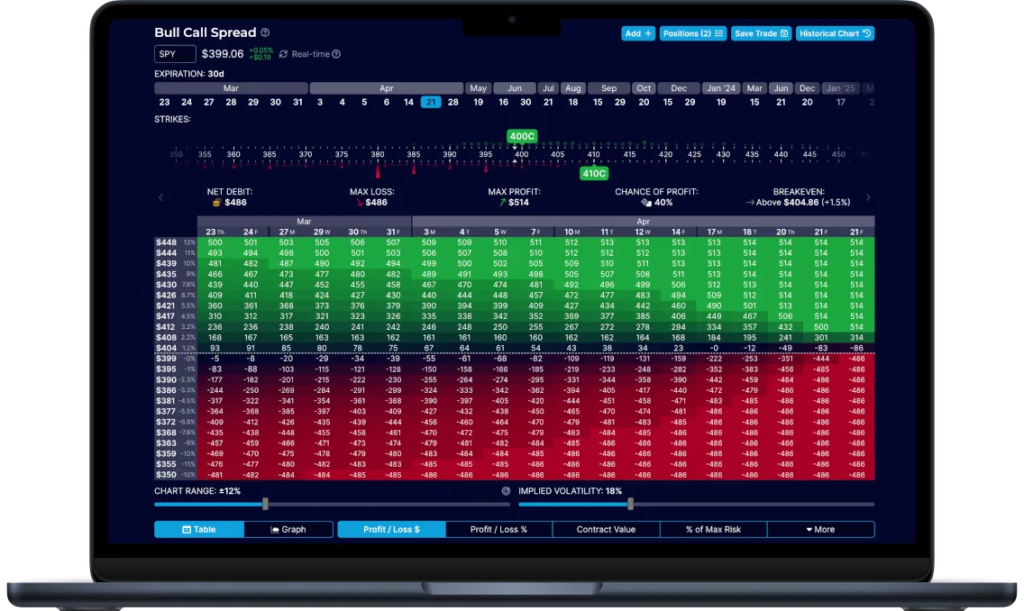
What Is a Hedge?
A hedge is an investment that is selected to reduce the potential for loss in other investments because its price tends to move in the opposite direction. This strategy works as a kind of insurance policy, offsetting any steep losses in other investments.
The term hedging can be used to describe diversifying a portfolio by buying shares in a conservative bond fund to offset potential losses in more volatile stock funds.
In the financial world, where traders constantly buy and sell assets, some of them highly risky, hedging typically involves trading in derivatives, which can be effective hedges because their relationship with their underlying assets is clearly defined.
Physical and Financial Hedging: A Beginner’s Guide When it comes to commodities markets, trading isn’t just about big gains and dramatic losses. Many market participants engage in trading to manage their price exposure to underlying physical products. Here are the basics of physical and financial hedging:
- Physical Hedging:
- Purpose: To mitigate price exposure and insulate a company’s performance from market movements.
- How It Works: Producers and consumers match the pricing of bought or sold physical material to future production and sales prices (known as “back-to-back” pricing).
- Example: A copper producer may lock in a fixed price for future copper sales to avoid losses if prices drop.
- Financial Hedging:
- Purpose: Managing price risk using financial derivatives (e.g., futures or options) to offset price movements in related physical transactions.
- Example: A crude oil consumer can use futures contracts to hedge against rising oil prices.
Advantages of Hedging Physical Commodities:
- Risk Mitigation and Stability: Hedging provides stability by mitigating risk.
- Price Certainty for Producers: Fixed prices help producers plan and budget effectively.
- Supply Chain Management: Hedging ensures consistent input costs for manufacturers.
- Better Financing Opportunities: Lenders often prefer businesses with predictable cash flows.
- Portfolio Diversification: Hedging adds diversity to investment portfolios.
- Speculative Opportunities: Traders can profit from price fluctuations.
- Insurance Against Uncertain Events: Hedging acts as a safety net during volatile times.
Regarding “Invvex Capital,” a hedge solution provider specializing in commodities and stock markets, I recommend exploring their specific offerings and strategies to understand how they address market risks. Keep in mind that while hedging can mitigate losses, it’s essential to tailor strategies to individual circumstances and market conditions
